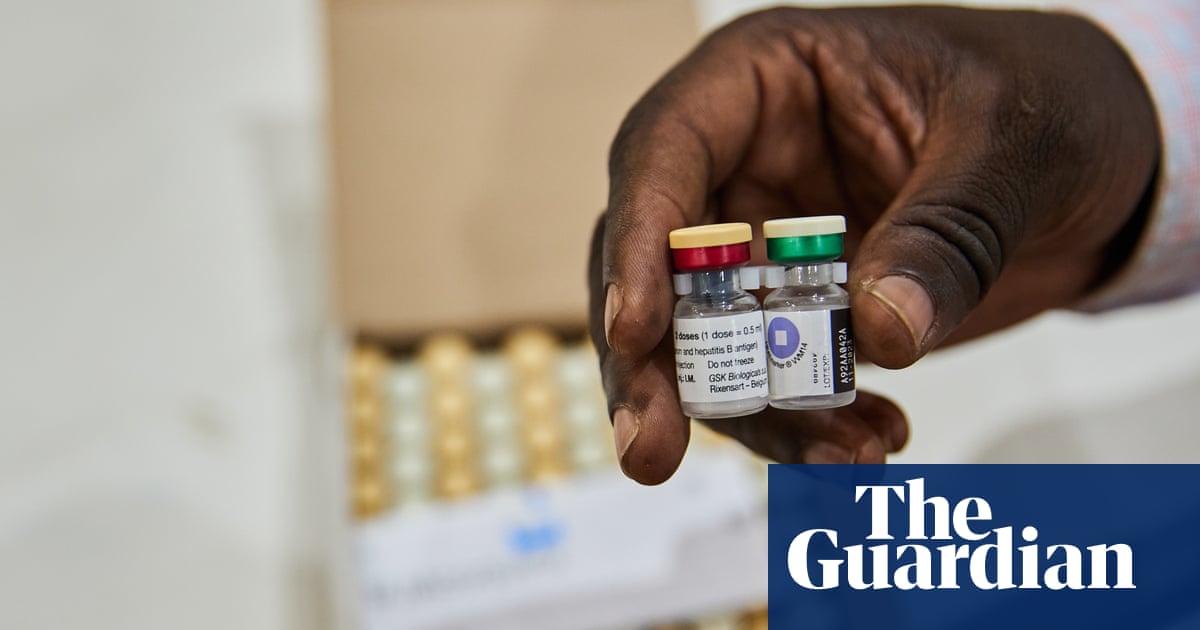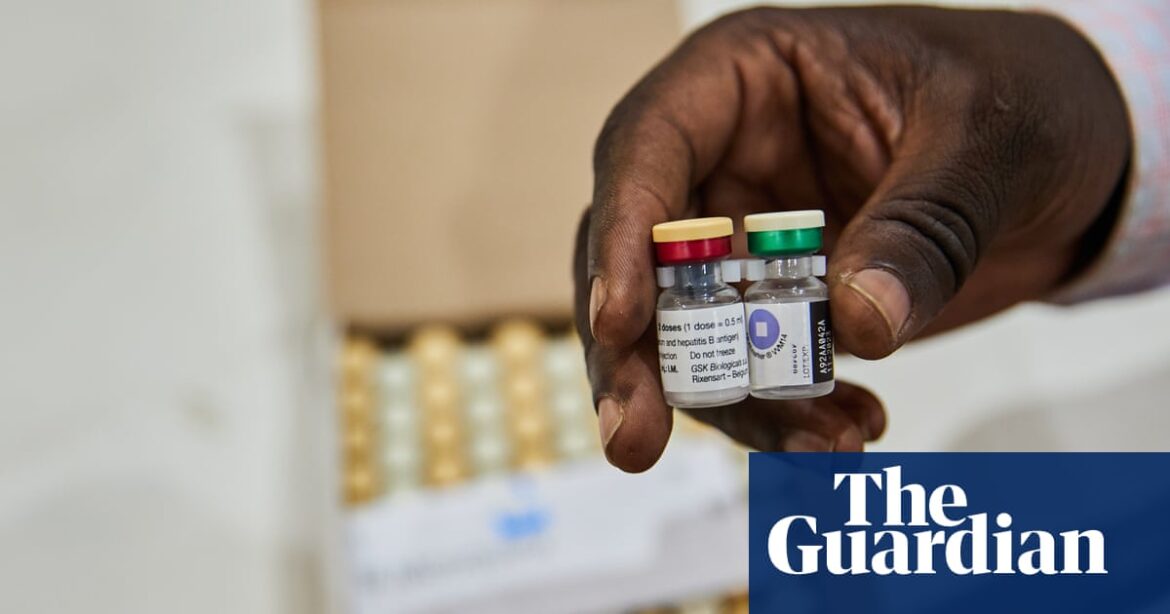
On Monday, the implementation of the first-ever malaria vaccine commenced in Cameroon. This is being hailed as a significant milestone in the history of public health in Africa.
The west African country will be the first to receive the 662,000 doses of the RTS,S vaccine, following successful trials in Ghana, Kenya, and Malawi from 2019 to 2021. Children will be the recipients of the vaccine.
This marks a significant increase in efforts to combat malaria in Africa, where 95% of deaths related to the illness occur, primarily among children under five years old.
Dr Mohammed Abdulaziz, division head at the Africa Centres for Disease Control and Prevention in Ethiopia, stated during a virtual briefing with the World Health Organization that we are experiencing a significant moment in Africa’s public health history. He emphasized that this development is not just something we are observing, but rather actively participating in. He expressed that this is a long-awaited day that will bring more than just hope, but also a decrease in the mortality and morbidity caused by malaria.
According to public health professionals, effective communication with the general population will play a crucial role in the success of the vaccine. This includes building trust, encouraging parents to bring their children for all four doses, and educating people on the importance of using insecticide-treated bed nets in conjunction with the vaccine for maximum effectiveness.
Abdulaziz emphasized the importance of messaging, communication, and utilizing credible sources. He stressed the need for involving local health workers and actively listening to the community’s feedback and monitoring their response.
Based on the data from the trials, Kate O’Brien, who heads the World Health Organization’s department for immunizations and vaccines, stated that RTS,S (or Mosquirix) has the potential to save tens of thousands of lives.
Nineteen additional African nations are set to implement the vaccine within this year, aiming to reach a total of 6.6 million children. Deliveries are scheduled for Burkina Faso, Liberia, Niger, and Sierra Leone.
Livancliff Mbianke, a member of Value Health Africa, a nonprofit organization in Cameroon, expressed the country’s enthusiasm for the arrival of the vaccines in November. The organization has organized community meetings and open discussions to educate individuals about the vaccine and its approval process, address concerns, and prevent hesitation.
Livancliff expressed that it was a thrilling moment as families eagerly welcomed the significant development, expressing their joy and satisfaction, stating that it was exactly what they had been hoping for.
At Angels Clinic in Douala, Cameroon, six-month-old Nobah Adel cried out when she received her first vaccine dose on Monday morning.
“I am elated today, despite my daughter’s tears,” shared Dani Widal, after learning about the vaccine campaign a week prior. “All three of my children suffer from malaria frequently. I am hopeful that this vaccine will protect her from falling ill like her siblings.”
Widal and her daughter waited in line for three hours to receive the vaccine. She resides in an area with a high mosquito population and spends 30,000 francs [£39] every three months on malaria treatments.
According to Kamela Isabelle Madjouwou, a nurse working at the center, having a malaria vaccine is crucial. In 2022, Cameroon reported over 6 million cases and in 2021, malaria was responsible for 12% of deaths among children under five. She believes that the vaccine will decrease mortality rates and lessen the impact of this devastating disease.
The chief global health officer at GlaxoSmithKline, Thomas Breuer, expressed his satisfaction with the significant progress made in producing the Mosquirix malaria vaccine. He stated that after 35 years of hard work with partners, it is a great achievement to see the vaccine being used in routine settings for the first time. He also mentioned that there is excitement surrounding the upcoming introduction of the vaccine in more countries affected by malaria.
Later this year, a second malaria vaccine, R21/Matrix-M, developed by the University of Oxford, will be distributed.
Source: theguardian.com



